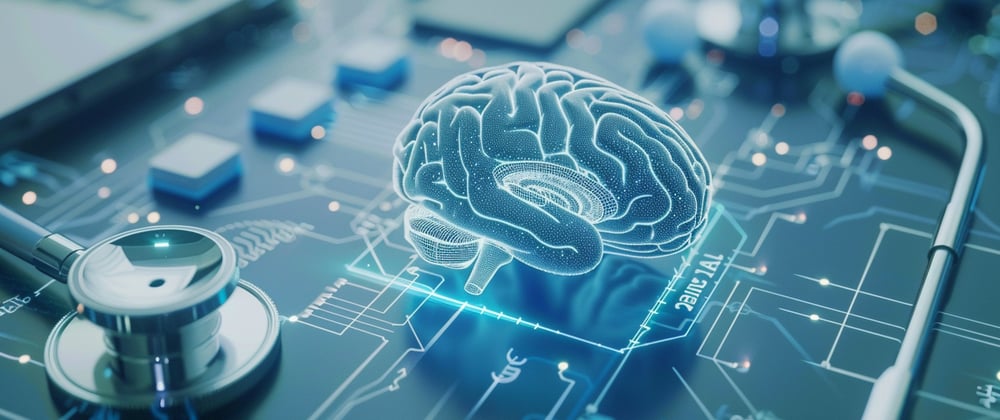In the rapidly advancing field of artificial intelligence (AI), the concept of "Hippocratic AI" stands out as a beacon for ethical development. Drawing inspiration from the medical field's Hippocratic Oath, this principle aims to ensure AI technologies are developed and used responsibly, prioritizing human well-being and ethical standards. Here's a streamlined look at the essence, key principles, and implementation of Hippocratic AI, along with its significance for advancing AI safety.
Core Principles of Hippocratic AI
1. Beneficence: Ensure AI acts in the best interest of human welfare, spreading the benefits of AI technologies across society.
2. Non-maleficence: Prevent harm to individuals or communities by identifying and mitigating risks associated with AI technologies.
3. Autonomy: Respect human decision-making, allowing AI to support but not undermine free and informed choices.
4. Justice: Guarantee AI promotes fairness and equity, working to alleviate, not exacerbate, social disparities.
5. Transparency and Accountability: Maintain open communication about AI's capabilities and limitations, holding creators accountable for their outcomes.
Implementing Ethical AI
To actualize Hippocratic AI, a collaborative, multi-disciplinary approach is essential, involving:
Ethical Design: Integrating ethical considerations from the start to the end of the AI development process.
Regulatory Frameworks: Establishing guidelines for the ethical use of AI.
Public Engagement: Involving the community to ensure AI reflects diverse societal values.
Advancing AI Safety within Hippocratic AI
Safety is a cornerstone of ethical AI, demanding attention to:
- Robustness and Reliability: AI must function reliably under varied conditions to prevent harmful failures.
- Security and Privacy Protection: Safeguarding against malicious attacks and ensuring data privacy are paramount.
- Transparency and Explainability: Making AI's workings understandable fosters trust and facilitates oversight.
- Fairness and Bias Mitigation: Actively correcting biases in AI systems ensures equitable outcomes.
- Human Oversight and Control: Keeping humans in the loop guarantees AI aligns with our values and ethics.
Towards a Safer, Ethical AI Future
Hippocratic AI represents a commitment to ethical excellence, guiding AI development to benefit humanity while mitigating risks. It requires ongoing risk assessment, interdisciplinary collaboration, user education, and adaptive regulation to foster a safe and positive AI-enhanced future. By embracing these principles, we ensure AI advances are matched by ethical progress, leading to a more secure and equitable world.
In conclusion, Hippocratic AI embodies the future of ethical AI development, offering a framework that respects human dignity, promotes social welfare, and navigates the ethical complexities of modern technology. As AI continues to permeate our lives, adopting these principles becomes imperative for a future where technology serves humanity's best interests, safeguarding against potential harms and ensuring a just, transparent, and accountable AI landscape.



















